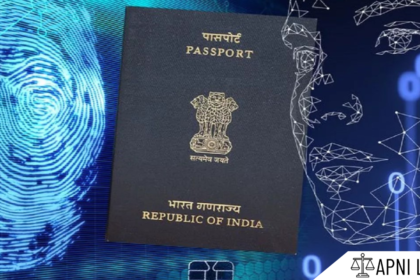Code:
(1) The accused may prefer an application for discharge within a period of sixty days from the date of commitment of the case under section 232.
(2) If, upon consideration of the record of the case and the documents submitted therewith, and after hearing the submissions of the accused and the prosecution in this behalf, the Judge considers that there is not sufficient ground for proceeding against the accused, he shall discharge the accused and record his reasons for so doing.
Explanation:
Section 250 of the BNSS deals with the application for discharge by the accused in a criminal case.
Judges assess whether sufficient grounds exist to proceed against the accused.
Subsection (1): This section allows the accused to apply for discharge within 60 days from the date of committal under Section 232. Committal refers to the stage where a magistrate decides whether there is enough evidence to send the case to a higher court for trial.
Subsection (2): This subsection lays out the procedure for the judge to consider the application for discharge. The judge must:
Review the case record and accompanying documents.
Hear arguments from both the accused and the prosecution.
If the judge finds insufficient grounds to proceed against the accused, they must discharge the accused and record their reasons for doing so.
Illustration:
Imagine a case where a person is accused of theft. The magistrate commits the case to a higher court for trial. However, within 60 days, the accused applies for discharge, arguing that the prosecution’s evidence is insufficient to establish a case. The judge then reviews the case record, hears arguments from both sides, and determines that the prosecution’s evidence is indeed weak. The judge then discharges the accused, noting in the court record the reasons for their decision.
Common Questions and Answers:
Q: Can the accused apply for discharge after 60 days from the date of committal?
A: No, Section 250 (1) clearly states that the application must be made within 60 days. The accused must act promptly.
Q: What happens if the judge denies the application for discharge?
A: If the judge finds sufficient grounds to proceed, they will reject the application for discharge, and the case will proceed to trial.
Q: What are the grounds for discharge under Section 250?
A: The judge may discharge the accused if they find insufficient evidence to support the charges, lack of prosecution witnesses, or any other legal or procedural irregularity.








